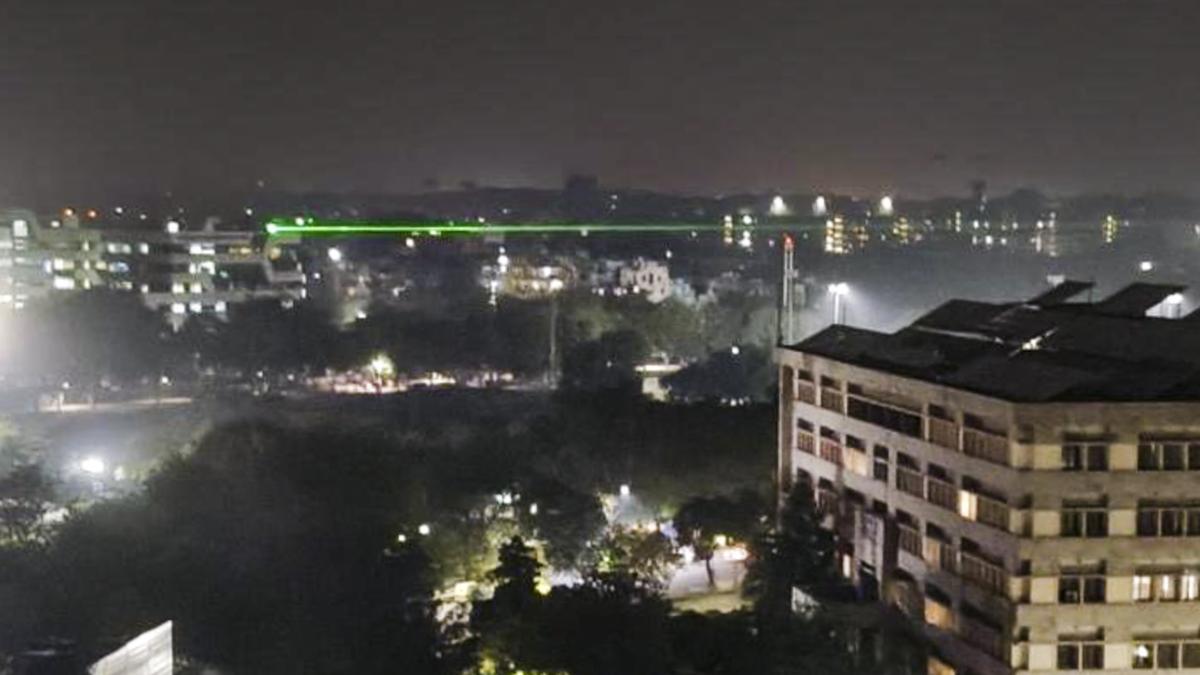Chief Minister Pinarayi Vijayan has said that the government is moving forward with comprehensive plans to ensure access to safe drinking water in all local self-government institutions across the State. He was speaking after inaugurating the Water Efficient Thrissur (WET) project here on Monday, which aims to resolve the drinking water issues within the Thrissur Corporation limits.
The Chief Minister highlighted that under the Jal Jeevan Mission, the State has already provided clean drinking water to 55% of rural households, with over 50% household connections completed in seven districts. The State has set a target of 100 litres per person per day, and by March, 115 panchayats and nine assembly constituencies had achieved full coverage.
Noting the unpredictable weather over of Kerala, the CM stressed the importance of protecting water sources, warning that pollution in these bodies pose a serious challenge to ecological restoration efforts. “Through the ‘Ini njan ozhukatte’ (Let Me Flow Again) campaign, over 92,000 km of canals, 412 km of rivers, and 29,000 ponds have been cleaned. Thousands of new ponds and both temporary and permanent check dams have been constructed as part of the effort,” the CM said.
To combat landslides and soil erosion in the Western Ghats, the State also undertook stream mapping and launched the ‘Let’s Secure the Western Ghats’ campaign to protect these ecologically sensitive regions, he said.
The CM urged local self-governments to actively identify and restore polluted water sources to avoid the kind of severe droughts experienced in many Indian metropolises.
Thrissur Mayor M.K. Varghese presided over the function. Revenue Minister K. Rajan launched the online and spot billing system, praising the Corporation’s efficiency in handling both power and water supply, making it a model for the State.
As part of the WET project, 9,000 households in the Ollur zone have already been equipped with pipelines. The water is sourced from Peechi Dam, treated, and stored in an overhead tank at Thekkinkadu Maidan, before being distributed to 18,500 consumers. The entire system is digitally monitored in real-time, allowing immediate detection of leaks, illegal usage, or supply disruptions.
The ₹5.59 crore project was completed under the AMRUT scheme and implemented by ULCCS (Uralungal Labour Contract Cooperative Society).
The Corporation is planning WET 2.0, which includes the installation of 4,000 smart meters and an online water quality monitoring system under AMRUT 2.0.
Published - June 16, 2025 06:51 pm IST



.png)
.png)
.png)
















 5 hours ago
3
5 hours ago
3









 English (US) ·
English (US) ·